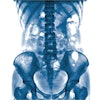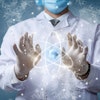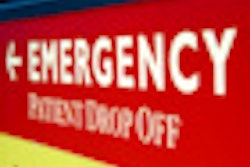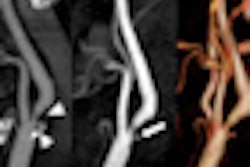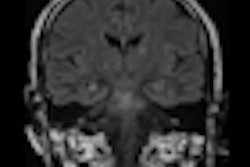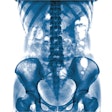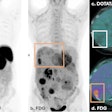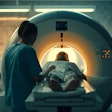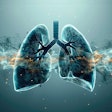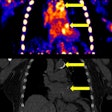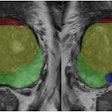
NEW YORK (Reuters Health) - A new test may be able to spot people at high risk of stroke, although it's too early to be excited, researchers said Wednesday.
Yet some already are. That's because the test is able to separate people with clogged neck, or carotid, arteries into those who are relatively likely to suffer a stroke and those who aren't.
That could help decide who would benefit from a controversial surgery in which doctors clean out cholesterol buildups blocking the carotid artery.
"Currently in the U.S. and Canada, too many patients get the surgery" though they don't have any symptoms, said Dr. Lars Marquardt, who wrote an editorial about the findings.
"There is a subset of patients who need it, and this new test will probably -- I'm sure it will -- help identify those," Marquardt, a neurologist at the University of Erlangen-Nuremberg in Germany, told Reuters Health. "It wasn't a huge study, but it is very promising."
The test is based on two types of ultrasound scans, one of the carotid arteries that supply blood to the brain and one of the arteries in the brain itself.
Both are readily available at hospitals, although the brain scan takes about an hour and is not easy to interpret.
In the new study, 428 symptom-free patients with clogged carotid arteries, so-called carotid stenosis or plaque, had both scans done and were then followed for two years.
Of those who started out with warning signs on both scans, the yearly stroke risk was 9%.
Those without suspicious-looking results on the two scans -- about 94% of the patients -- had a risk of less than 1% per year, however.
"In other words, our study suggests that we can identify those few subjects who are candidates for carotid surgery due to their high risk despite best medical treatment," said Dr. Raffi Topakian, whose findings appear in the journal Neurology.
"Of course, it's still too early to be too enthusiastic about our findings," Topakian, of the Academic Teaching Hospital Wagner-Jauregg in Linz, Austria, told Reuters Health by email. "Ideally, our findings should be corroborated by other studies."
Nearly 800,000 Americans suffer a stroke every year, with about a sixth of them dying of it and many more left disabled.
Clogged carotid arteries are a risk factor for stroke, but many doctors believe doing surgery to clean them out is too hazardous for symptom-free people at average risk.
"There is a very important story to be told about unnecessary carotid surgery and stenting in the U.S.," said Dr. David Spence, a stroke prevention researcher at the University of Western Ontario in London, Canada.
"Ninety-five percent of these procedures are for asymptomatic stenosis, and our work shows that 90% of these patients would be better off without surgery," he told Reuters Health in an email.
Overall, only about 2% of people with symptom-free carotid stenosis suffer a stroke per year when their condition is managed with drugs and lifestyle changes.
By contrast, carotid surgery performed by experienced surgeons triggers a fatal stroke in as many as 3%.
That's why the U.S. Preventive Services Task Force, a federally funded expert panel, recommends against screening for carotid stenosis in the first place.
"If you are screening lots of people to identify those who have plaques, there's an awful lot of harm associated with that," said Dr. Patrick O'Malley of the Uniformed Services University in Bethesda, Maryland.
Although it might sound ensnaring, he said, introducing the new test could lead to more screening for carotid stenosis, which hasn't been shown to cut stroke rates.
"It's limited by the problem that we don't know if screening works in the first place," O'Malley, who wasn't involved in the study, told Reuters Health. "They are missing the first step."
Harms from screening include getting unnecessary surgeries and medications, which have complications and side effects.
Topakian acknowledged those drawbacks.
"The tests are practically risk-free," he said, "the consequences (surgery etc.) are not."
By Frederik Joelving
Source: http://bit.ly/Q5TNl
Neurology, online August 17, 2011.
Last Updated: 2011-08-17 16:00:26 -0400 (Reuters Health)
Copyright © 2011 Reuters Limited. All rights reserved. Republication or redistribution of Reuters content, including by framing or similar means, is expressly prohibited without the prior written consent of Reuters. Reuters shall not be liable for any errors or delays in the content, or for any actions taken in reliance thereon. Reuters and the Reuters sphere logo are registered trademarks and trademarks of the Reuters group of companies around the world.


